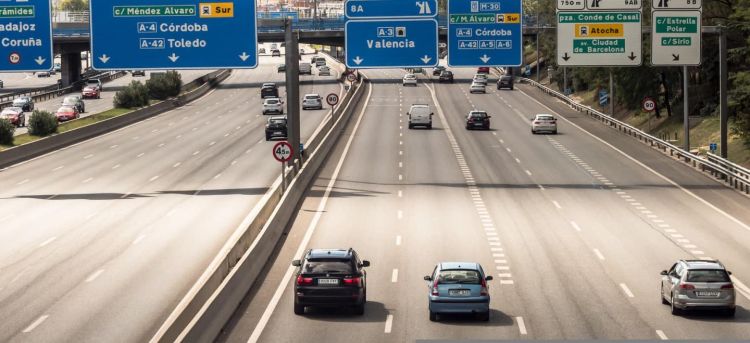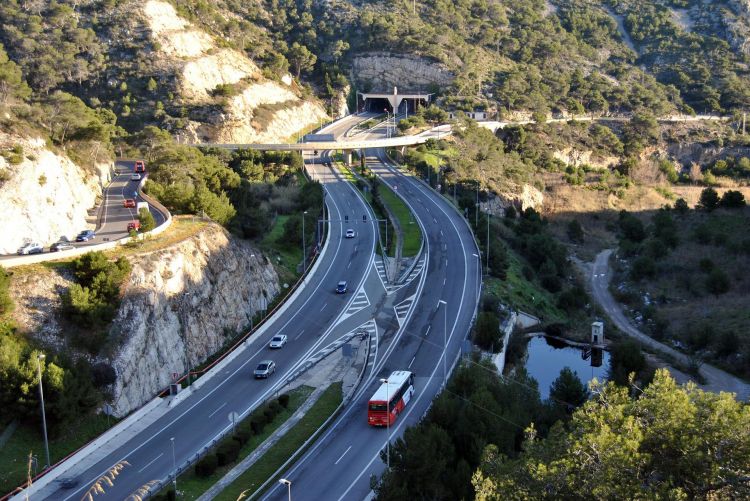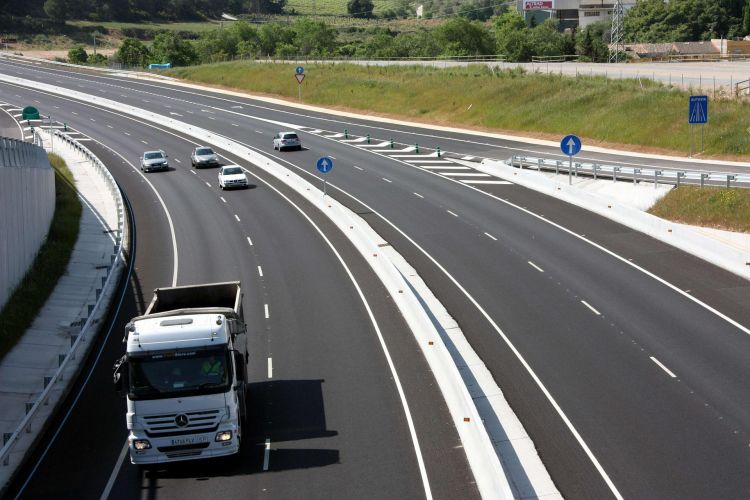The last thing we knew about the toll roads is that, according to Isabel Pardo de Vera (Secretary of State for Transport, Mobility and Urban Agenda) they would be ready in the coming months: before the end of the current legislature. With the political calendar and the electoral law in hand, we obtained an approximate date because the general elections must be held, at the latest, on December 10, 2023. Now we know that the Government has changed its plans again: the toll roads They will not arrive in 2023… and it seems that they will not arrive in 2024 either.
In the current context, which we will analyze in a few moments, toll roads are no longer a “priority and urgent” issue. Is The Newspaper of Spain the person in charge of collecting these declarations from the Government. No progress is planned on this point in 2023: neither is one that will make this payment system a reality in 2024. The pocket of Spanish drivers will have a truce, although as we will explain later, it will not be indefinite.
The reasons
The Secretary of State for Transport, Mobility and the Urban Agenda, at the time, specified that the toll highways They would only start when inflation eases and other points that continue to contribute economic uncertainty are resolved.
The sources of the Ministry of Transport, which are echoed in The Newspaper of Spain, expand the reasons for leaving to one side the toll roads: firstly, that The “necessary conditions” are not met. In second place, It is not the right “economic and social” time for it. And thirdly, the “political context” doesn’t help either.
It should be remembered that, In addition to the general elections, the regional and municipal elections will be held in May: no, it is not the ideal scenario for all those involved to reach a common point. And the Government does not want to implement toll roads without having an agreement with the transport sector, the autonomous communities and the political parties: something complex to achieve in the midst of the electoral campaign in which we are already immersed. We cannot forget, either, that all the controversy caused by this payment system can be a drag on the program of any political party.
Europe already knows
The Government would have already communicated its decision to postpone the toll roads to the European Commission in order to include it in the appendix that they are negotiating for the Transformation and Resilience Plan. According to the Executive, Brussels understands that “this is not the time” due to the Ukrainian War and its consequences: therefore, I would not have objected to delaying the arrival of tolls on the Spanish highways.
And you help them?
The question is obvious because This Transformation and Resilience Plan is the key for our country to receive 140,000 million euros from Europe: this document contains the reforms that Spain undertakes to carry out in order to access these funds. And the toll roads are part of it.
Are the aids in danger, then? Not because these toll roads are not “an exhaustive requirement”, but a proposal agreed with Europe. Therefore, financial support from Brussels does not depend on its execution.
They are not ruled out
We may not see toll roads this year or next: this does not mean they are ruled out. Quite the contrary: it must be remembered that this payment system would be the formula to compensate for the lack of infrastructure maintenance, which accumulates a deficit of 8,000 million euros. Although the General State Budgets have allocated, in 2022, 1,400 million euros to this task, it is an “insufficient” figure and therefore, they are looking for an extra and direct source of income.
According to the same information from The Newspaper of Spainthe Ministry of Transport, Mobility and Urban Agenda would have advanced a lot in the study of the different models that are already in force in Europe and that could be applied to our country.
The options with more weight are still two: tolls vignette (an annual flat rate that all drivers would have to pay to be able to drive on these roads) and pay per use (A soft toll like the one that exists in Portugal in which drivers would pay based on the number of kilometers they traveled). There is even talk of starting with the first to reach the second with the aim that the vehicles that use the highways the most are the ones that pay the most.







